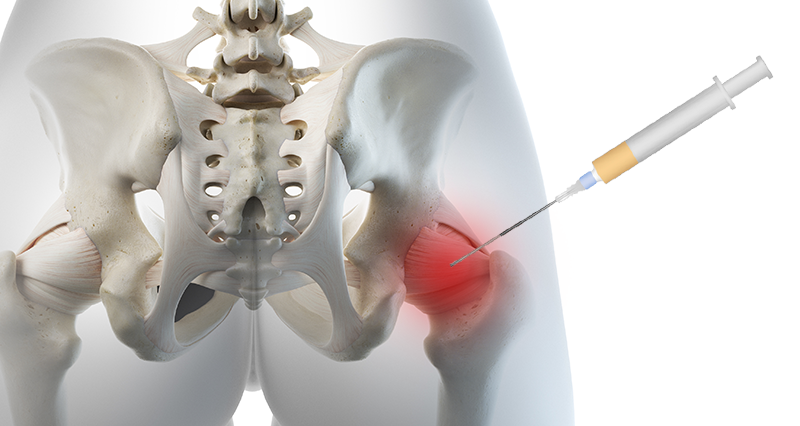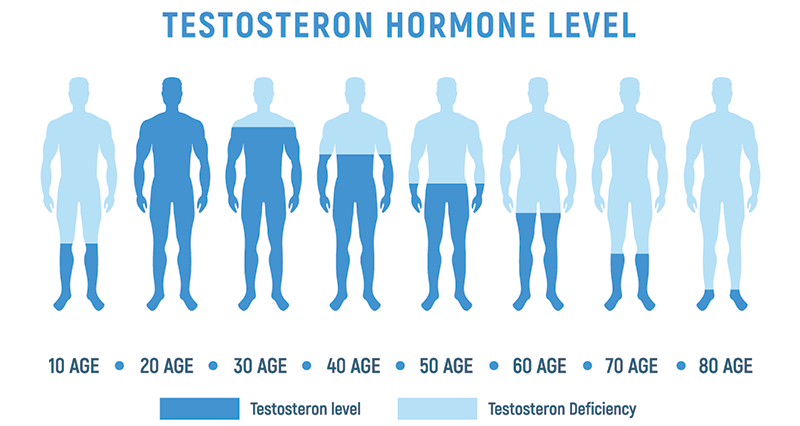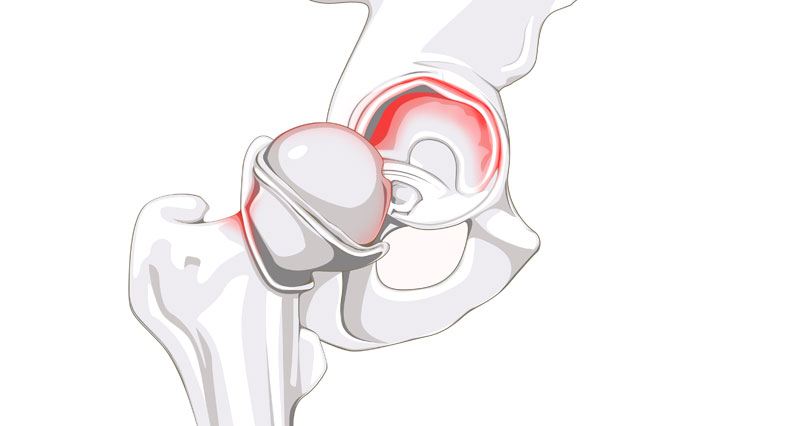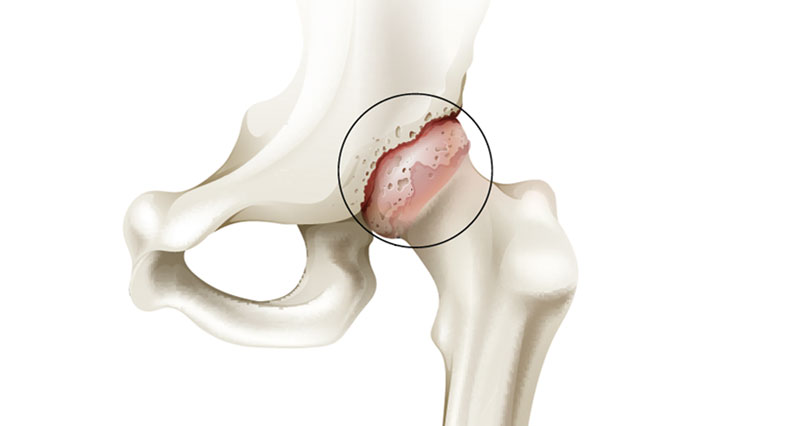Hyaluronic acid injections, also known as viscosupplementation, treat hip osteoarthritis by injecting a gel-like substance into the joint. Hyaluronic acid is a naturally occurring component of joint fluid that helps lubricate and cushion the joint. These injections are routinely used by elite professional footballers, especially for knee pain and to extend their careers. However, their effectiveness for hip osteoarthritis in mainstream medicine is more controversial.
How Hyaluronic Acid Injections Work
The aim of Hyaluronic acid injections is to:
Lubricate the joint
The body naturally produces synovial fluid in joints to help lubricate the joint and aid movement. The injected Hyaluronic acid mimics the natural synovial fluid, to help reduce friction between bones as they move.
Improve shock absorption
By increasing the amount of lubricating fluid in the joint, you also provide better cushioning. As a result, pain reduces, therefore enabling better joint function and movement.
Anti-inflammatory effects of Hyaluronic Acid
Some studies also suggest HA injections may help reduce inflammation within the joint.
Effectiveness for Hip Osteoarthritis
So does it work and how effective is it? The use of Hyaluronic acid injections in the hip joint may be common than in the knee due to several factors:
Mixed Evidence
Research has shown mixed results regarding the effectiveness of HA injections for hip OA. Some studies report moderate pain relief and improved function, while others do not find significant benefits over placebo. Anecdotally, the author has had HA injections for hip osteoarthritis and found they prodive a complete cure from any hip pain. However, only for a few weeks at a time.
Short-Term Relief
When effective, HA injections may provide short-term relief, typically lasting several months. This makes them a potential option for patients who can afford regular injections and are seeking to delay surgery. Or for those who do not respond well to other non-surgical treatments.
Hyaluronic Acid injections are difficult to administer
The hip joint is deep and surrounded by muscle, making it harder to accurately inject HA. Your physio or doctor needs imaging guidance such as ultrasound or fluoroscopy to ensure proper placement of the injection.
Are Hyaluronic acid injections available on the NHS?
Hyaluronic acid injections for joint pain relief (like knee osteoarthritis), are not routinely available on the NHS. Guidelines from NICE (National Institute for Health and Care Excellence) do not recommend them due to limited evidence on their long-term effectiveness. However, if you can afford it privately then they can be an effective form of managing your hip pain.
Not First-Line Treatment
HA injections are not usually the first recommendation for hip OA. Physical therapy, weight management, and other medications (like NSAIDs) are typically preferred. If these options are insufficient, doctors might consider HA as an intermediate step before surgery.
FDA Approval
Unlike knee injections, HA is not widely approved by regulatory bodies like the FDA specifically for hip OA. Off-label use is common, but patients should be aware of this and discuss it with their healthcare provider.
In summary, hyaluronic acid injections offer some relief for hip osteoarthritis, but their effectiveness is often temporary. If you’re considering HA injections, it’s essential to have a detailed discussion with your healthcare provider about potential benefits, risks, and alternatives.








